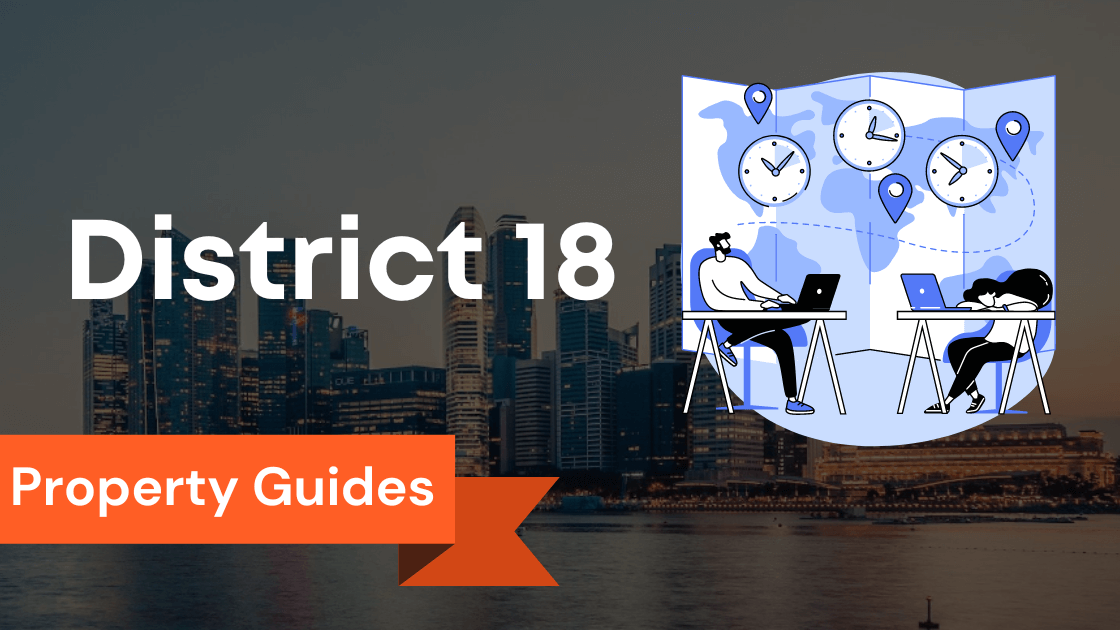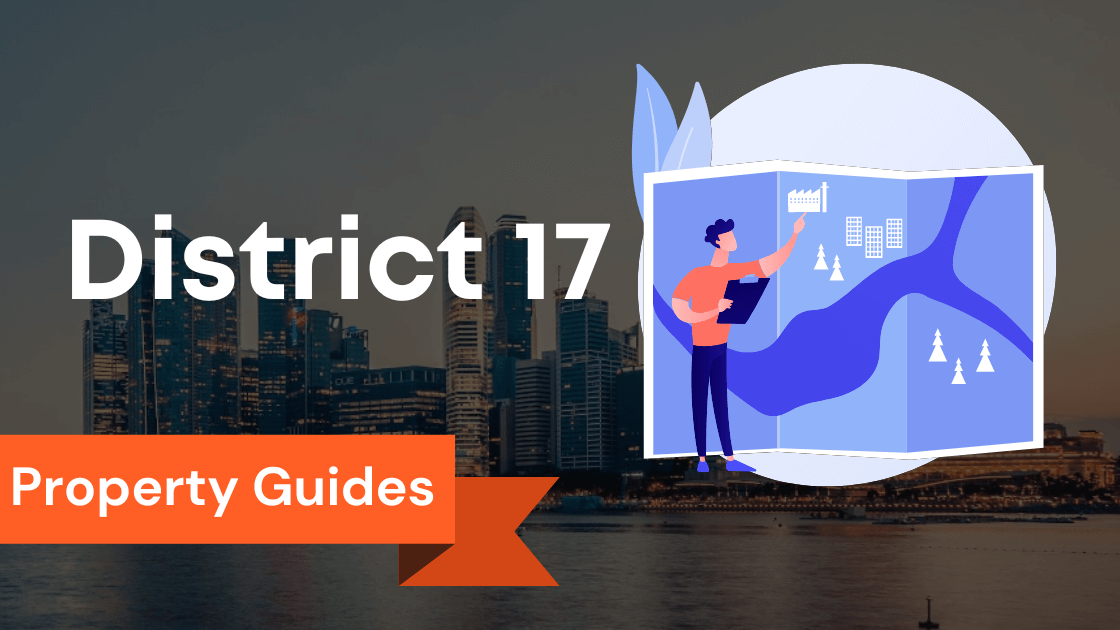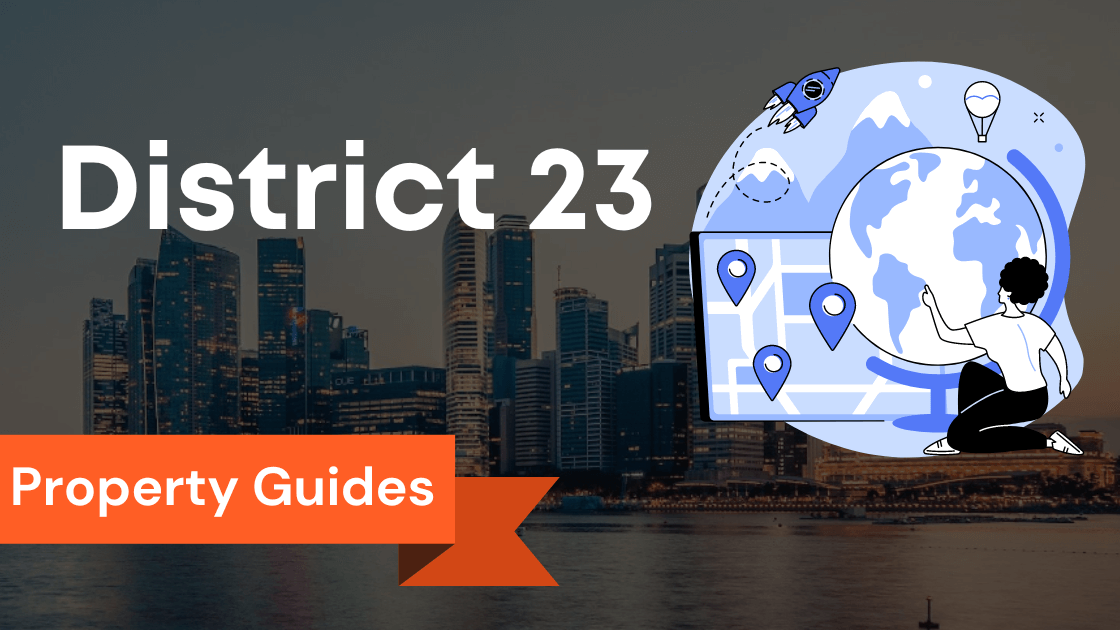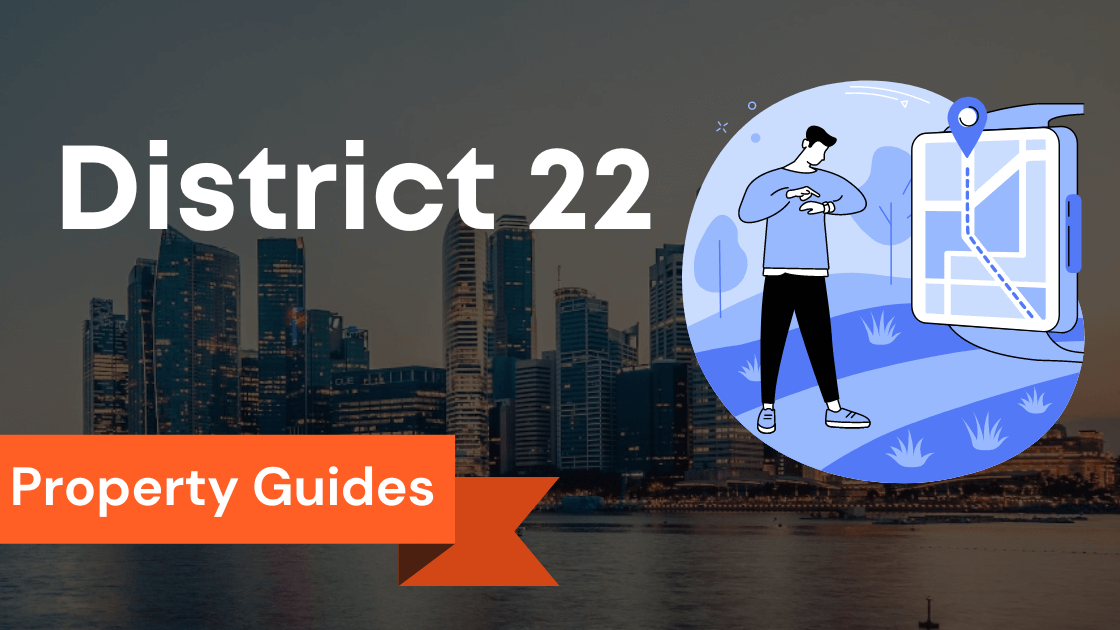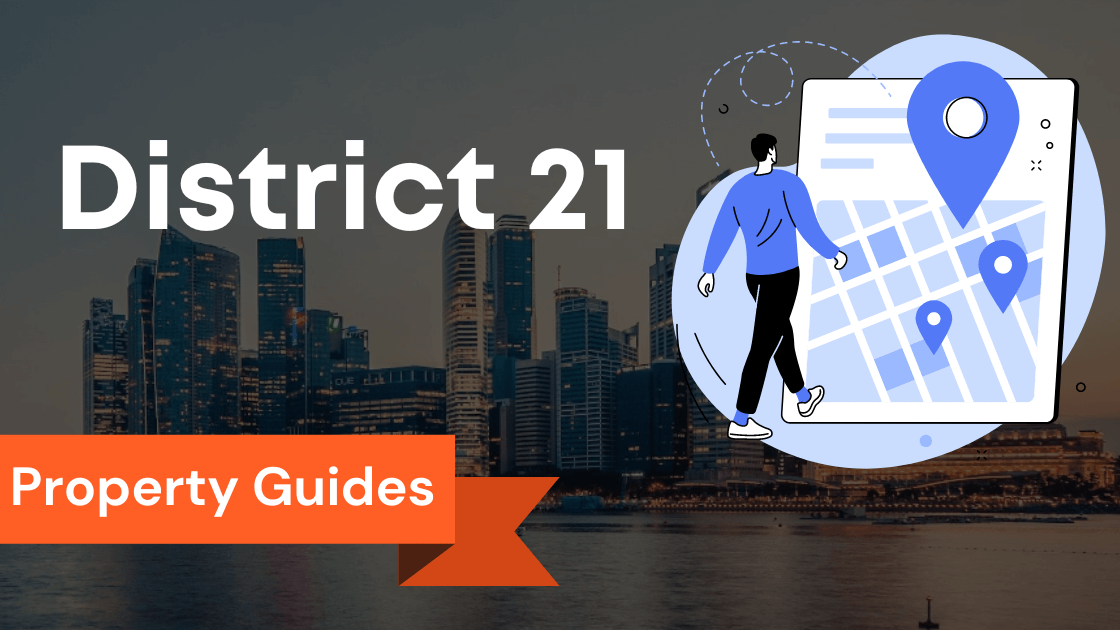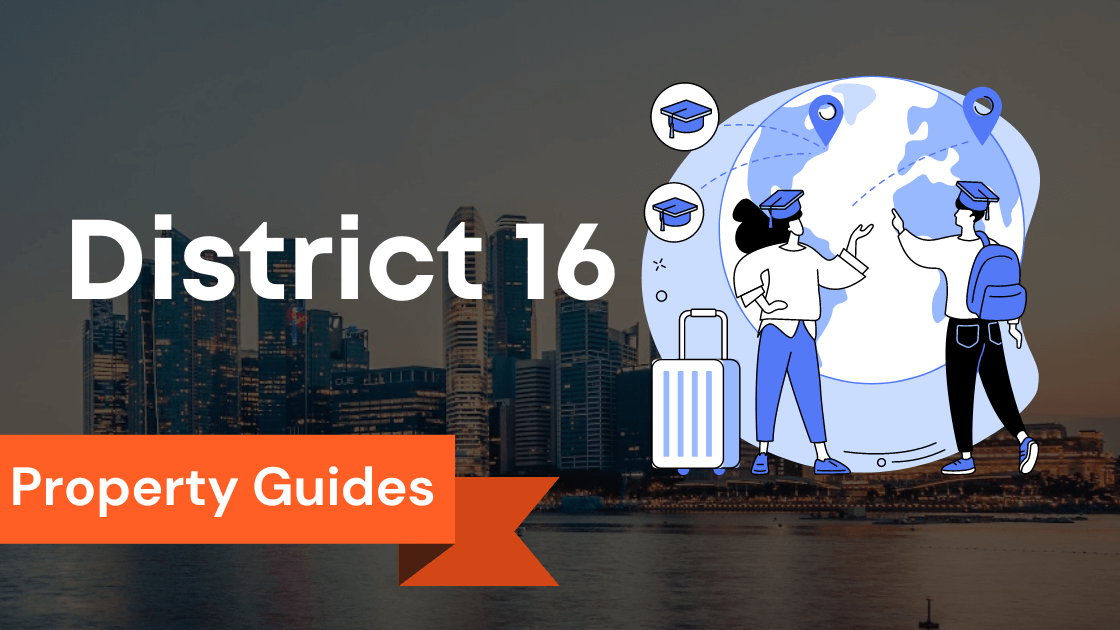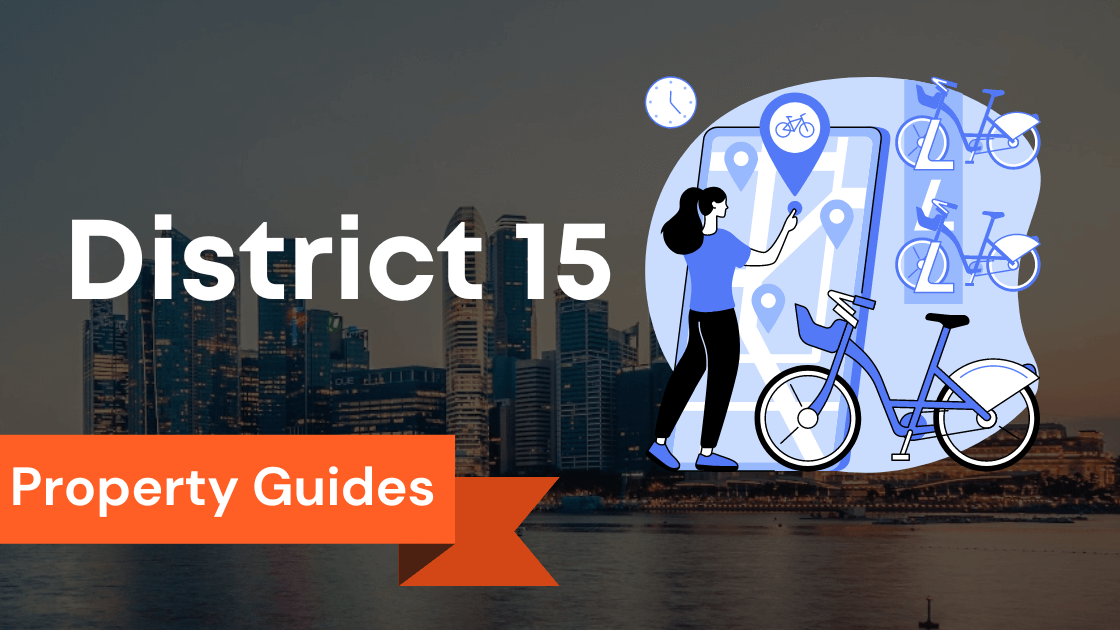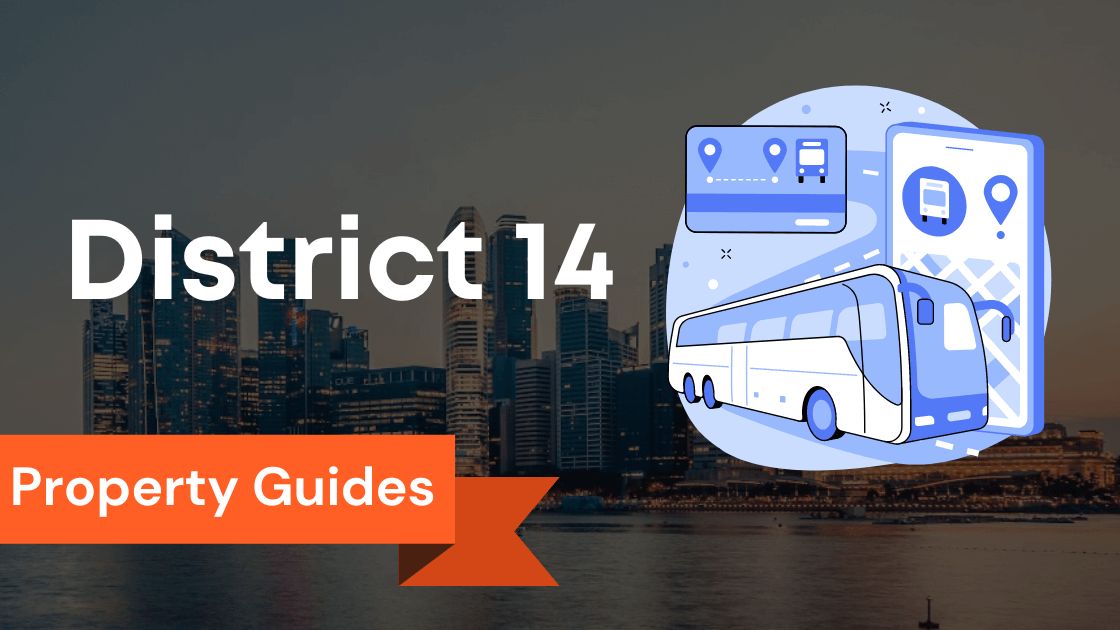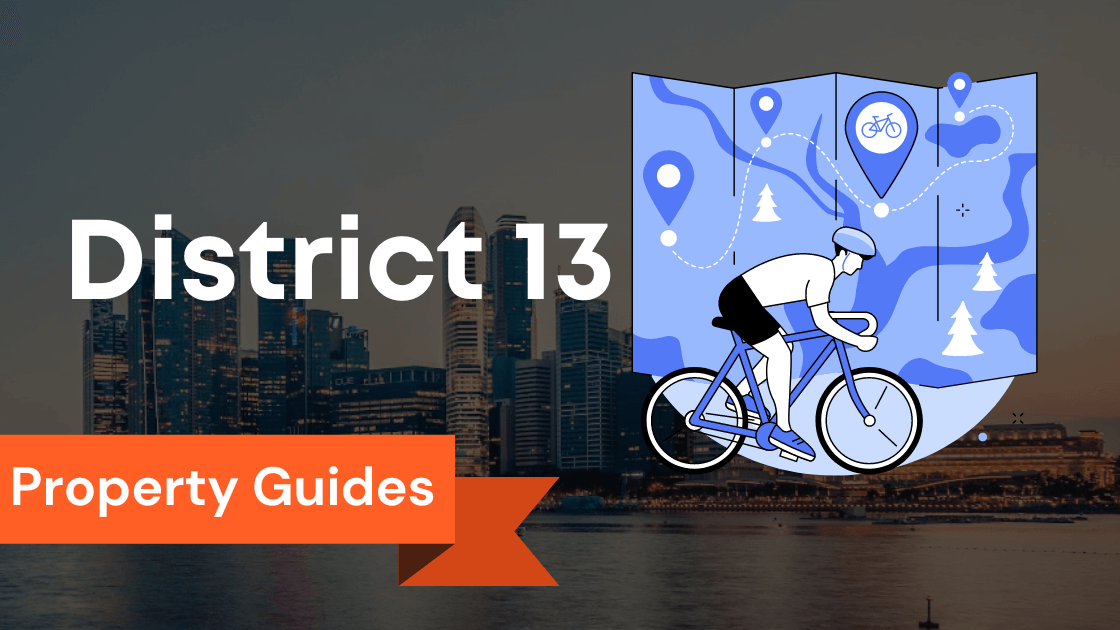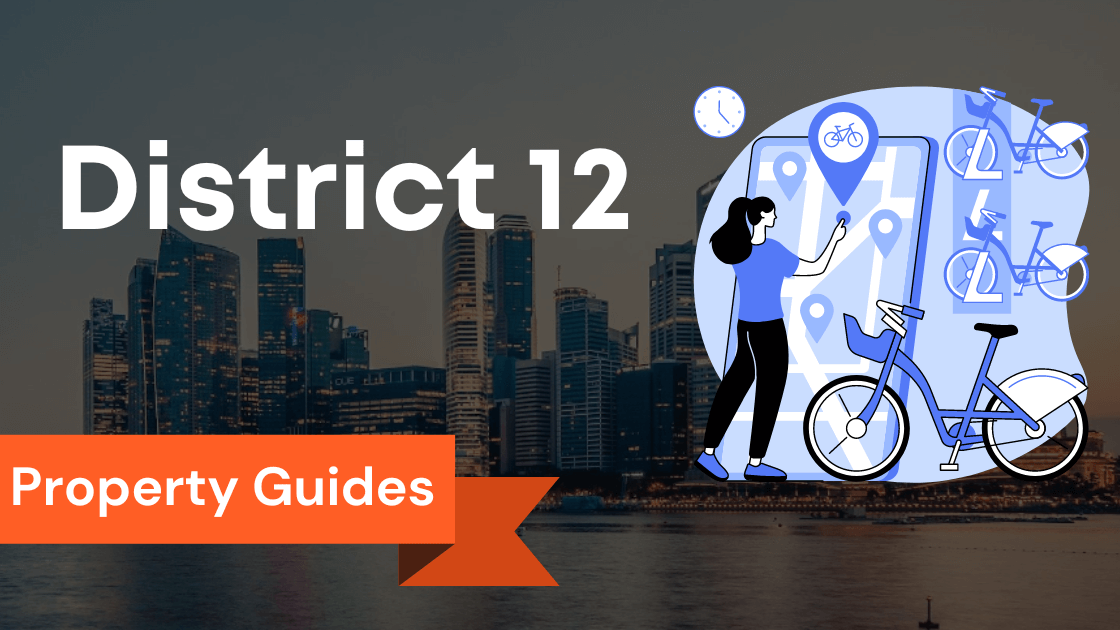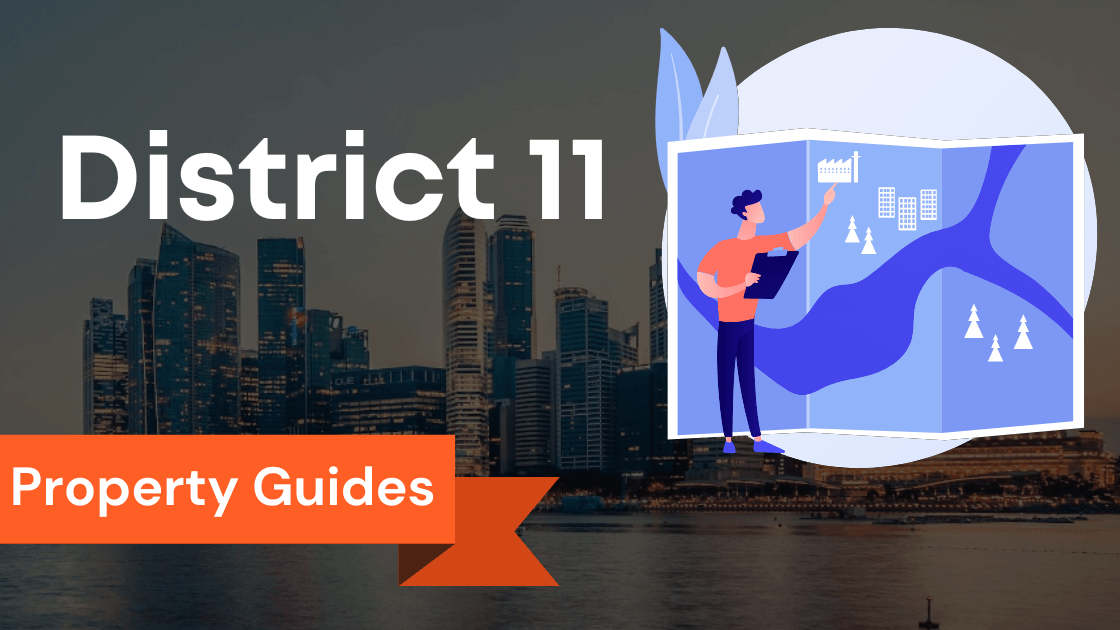Discover District 19 Singapore Condos in Hougang, Punggol, and Sengkang | Your Guide to D19 Singapore Property in Serangoon Garden
Introduction to District 19 Singapore District 19 Singapore is a vibrant and highly sought-after...
Explore District 18 Singapore Property for Sale: Pasir Ris, Tampines Condos at the Best Price – Research and Square Footage
Introduction to District 18 Singapore Situated in the eastern part of Singapore, District 18 is a...
Explore District 17 Singapore Property: Changi Airport Condos for Sale in Changi Village | Find Top Property Listings and Prices
Introduction to District 17 Singapore District 17 Singapore, located in the eastern part of the...
Explore District 23 Singapore: Bukit Batok, Choa Chu Kang, Bukit Panjang, and Dairy Farm | Landed Property and Condos for Sale in D23 | Condo Directory
Discover District 23 Singapore – a vibrant, diverse oasis in the west. Bukit Batok, Bukit Panjang,...
Sale in District 22: Exploring Jurong and Tuas, Boon Lay, Condo Directory, and Condos for Sale in Singapore
Explore the vibrant tapestry of District 22 Singapore, a captivating fusion of residential,...
Discovering the Charm of District 21 in Singapore: A Comprehensive Neighbourhood District Guide in Upper Bukit Timah and Clementi
Step into the enchanting world of District 21 Singapore, where vibrant urban living meets the...
House and Condo for Rent and Sale in District 16 Singapore – Find Your Ideal Property in Bedok and Upper East Coast | Price and Rental
Overview of District 16 Singapore and its popular neighborhoods District 16 Singapore, located in...
Explore District 15 Singapore: Find East Coast Condos and Properties for Sale in Marine Parade | Condo Sale in District 15
District 15 in Singapore is a highly sought-after residential area on the island's eastern coast....
Discover the Charm of District 14 Singapore: Paya Lebar, Geylang, Eunos Condos and More in the Vibrant Condo Directory
Situated in the heart of Singapore, District 14 is a vibrant and bustling area that offers a...
District 13 Singapore: Explore Property Rentals, Condos, and Apartments in the Area for Optimal Gain in Price Trends
District 13 Singapore is a vibrant and bustling area located in the eastern part of the country....
Comprehensive Guide to District 12 Properties: Find Apartments and Condos for Sale in Thomson, Novena, and Toa Payoh Singapore
Discover District 12 Singapore, where vibrant urban living meets convenience. From historical...
Unveiling the District 11 Singapore Property Landscape: Exploring Price Trends, Capital Gain, Apartment, Condos and Rental Yields
Welcome to District 11 Singapore, a captivating blend of urban vibrancy and serene living. Its...

Embark on a captivating journey through Types of Property Condominium, where innovation meets community living.
Defined as a haven of individual ownership amidst shared spaces, a condominium, or condo, offers a distinctive residential experience.
High above the city or within a charming complex, condos encompass a diverse spectrum, from elegant high-rises to cozy townhouses.
Imagine possessing not just a dwelling but a piece of a thriving community.
By purchasing a condo, you secure your slice of the building while becoming part-owner of communal areas like serene pools, invigorating fitness centers, and lush parks.
Yet, remember, the joy of condo living comes with shared responsibilities; upkeep and maintenance of these common spaces unite all owners in the quest for an exceptional abode.
Key Takeaways
- Definition of Condominium: A condominium, or condo, is a residential property with individually owned units and shared common areas. It can be part of a high-rise building or a complex with townhouses or detached homes.
- Ownership and Common Areas: When you buy a condo, you own a specific unit and share ownership of common areas like pools and parks. Maintenance costs are shared through association fees.
- Types of Condos: Condos vary from apartment-style units to spacious townhouses. Luxury condos offer high-end amenities, while affordable condos provide budget-friendly options.
- Condos vs. Apartments: Condo ownership grants ownership rights, while apartment living is renting. Condo owners share common area upkeep, while apartment renters rely on landlords.
- Condos vs. Townhouses: Townhouses offer more privacy and space, resembling single-family homes, while condos have shared amenities but less private space.
- Buying Considerations: Before purchasing a condo, assess location, amenities, fees, and rules set by the association. Align association rules with your lifestyle.
- Responsibilities of Owners: Condo owners maintain their units and contribute to association fees for common area upkeep. Special assessments might be required for major repairs.
- Property Management: Property management companies oversee daily tasks like collecting fees, maintaining common areas, and enforcing rules on behalf of the association.
- Advantages of Condo Living: Condo living provides shared amenities, security, and community. It’s more affordable than single-family homes in desirable locations.
- Drawbacks of Condo Living: Downsides include limited control over common areas, adherence to community rules, and potential neighbor issues.
Understanding Condominium Ownership: Exploring the Concept of Condos

What is the definition of a condominium?
A condominium, a condo is a residential property where multiple housing units are individually owned while the common areas are shared among the unit owners.
Condos can be a part of a high-rise building or a larger complex that includes townhouses or detached homes.
How does condominium ownership work?
When you buy a condo, you become the owner of a specific unit within the condominium complex.
Along with ownership of the team, you also become a part-owner of the common areas, such as swimming pools, fitness centers, and parks.
The unit owners are responsible for maintaining these common areas by paying association fees or maintenance costs.
What are the common areas in a condominium?
Common areas in a condominium are the shared spaces all residents use.
These areas can include amenities like swimming pools, gyms, playgrounds, and recreational facilities.
A condominium association or property management company typically oversees the maintenance and management of these areas.
The Versatility of Condos: From Apartments to Townhouses
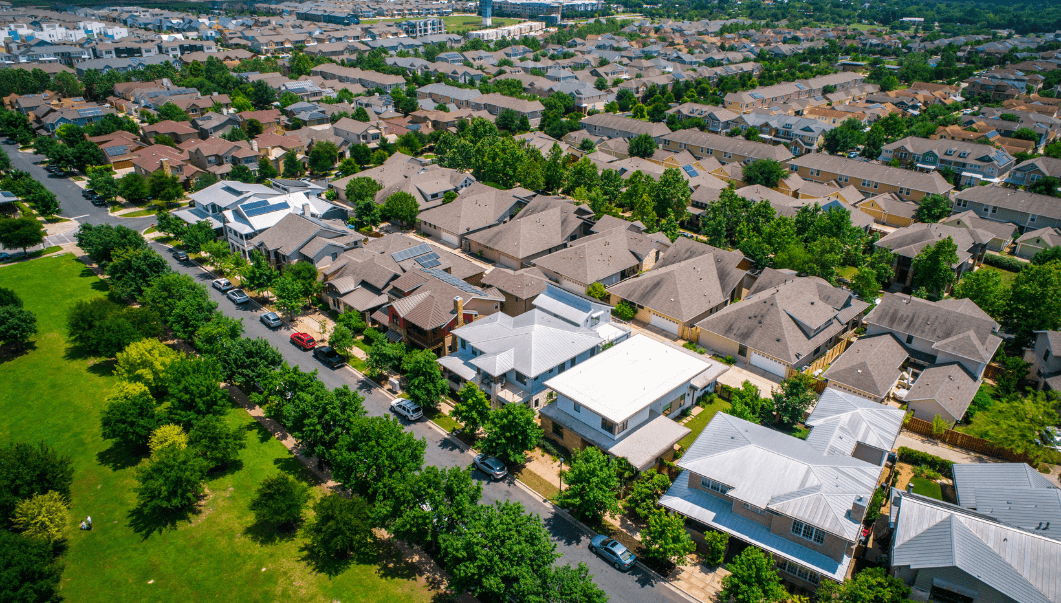
What are the different types of condos?
Various types of condos are available, ranging from traditional apartment-style units to more spacious townhouses.
Luxury condos offer high-end amenities and expansive living spaces, while affordable condos provide a more budget-friendly option.
How are condos different from apartments?
Although condos and apartments are both forms of housing, they differ in ownership.
When you buy a condo, you own the unit and have a share in the common areas, whereas when you rent an apartment, you are a tenant and do not have ownership rights.
How do condos differ from townhouses?
Townhouses are standalone homes typically connected to other townhouses in a row.
While condos and townhouses often share similarities in terms of common areas and shared amenities, townhouses provide more privacy and space, resembling a traditional single-family home.
Buying a Condo: Tips for Prospective Condo Owners

What should prospective condo owners consider before buying?
Before buying a condo, prospective owners should consider various factors such as location, amenities, association fees, and maintenance costs.
It is also essential to review the rules and regulations the condominium association sets to ensure they align with your lifestyle and preferences.
What are the responsibilities of a condo owner?
As a condo owner, you are responsible for the maintenance and upkeep of your unit.
Additionally, you are required to contribute to the financial obligations of the condominium association, which includes paying monthly association fees and possibly special assessments for major repairs or improvements.
What role does property management play in a condominium?
The condo association maintenance often hires property management companies to oversee the day-to-day condo management companies and maintenance of the property.
They handle tasks such as collecting association fees, ensuring proper care of common areas, and enforcing community rules.
Condo Living vs. Traditional Housing: The Benefits and Drawbacks

What are the advantages of condo living?
Condo living offers several advantages, including access to shared amenities, enhanced security, and a sense of community.
Condos to use are also generally more affordable than single-family homes in desirable locations, making them a popular choice among first-time buyers and those seeking a low-maintenance lifestyle.
What are the drawbacks of living in a condo?
While condo living has many benefits, there are also drawbacks to consider.
Some potential downsides include limited control over common areas, the need to abide by community rules and regulations, and the possibility of encountering noisy or difficult neighbors.
How does condo living compare to traditional housing?
Compared to traditional housing options, condos offer a more affordable entry into homeownership and often provide access to desirable locations and amenities.
However, classic meet the housing typically offers more space and privacy, making it a better fit for individuals or families who require larger living areas or prefer more control over their property.
Diving into Condo Types: Private Housing and Public Housing in Singapore

What are the different types of housing in Singapore?
In Singapore, the housing market consists of private and public housing.
Private housing includes condos, landed properties, and executive condominiums, while public housing encompasses Housing and Development Board (HDB) flats.
What is private housing, and how does it relate to condos?
Private housing in Singapore refers to residential properties that individuals or companies own.
Condos are a common type of private housing, offering modern amenities, facilities, and a range of unit sizes to cater to different needs.
What is public housing, and how does it differ from private condos?
The Housing and Development Board manages public housing in Singapore and comprises affordable housing options for Singaporean citizens.
Public housing flats are typically sold on a leasehold basis, and the ownership rights differ from private condos.
Navigating the Real Estate Market: Leasehold vs. Freehold Condos
Understanding the Difference between Leasehold and Freehold Condos
Regarding property ownership, there are two main categories to consider: leasehold and freehold.
A leasehold condo means using the property for a specific period, typically from 99 to 999 years.
On the other hand, a freehold condo means that you own the property and the land it sits on indefinitely.
Pros and Cons of Leasehold Condos
Leasehold condos often come at a lower price than freehold condos, making them attractive for buyers on a budget.
However, it is essential to consider the duration of the lease and any potential lease extension costs.
Leasehold condos also have restrictions on renovations and alterations, as you need the landowner’s or management’s approval.
Pros and Cons of Freehold Condos
Freehold condos offer the ultimate ownership experience, as you have complete control over the property.
You can make alterations and renovations and even pass them on to future generations.
However, freehold condos are more expensive than leasehold condos, and there may be limited availability in certain areas.
Condo vs. Apartment: Deciphering the Differences

How are Condos and Apartments Different?
While condos and apartments may seem similar, they have distinct differences.
A condo is a private residential unit within a larger building or complex, where each owner owns their team.
On the other hand, an apartment is typically rented out from a landlord who owns the entire building.
Ownership and Rental Options in Condos and Apartments
Regarding ownership, condos offer the benefits of equity and potential appreciation in value.
On the other hand, apartments provide flexibility for those who prefer the convenience of renting without the responsibilities of ownership.
Both options have advantages and ultimately depend on your personal preferences and financial goals.
Advantages of Living in a Condo vs. an Apartment
Living in a condo offers a sense of community and shared amenities.
Condo owners can customize their units and enjoy more privacy than apartment living.
On the other hand, apartments often come with convenient services such as on-site maintenance and management.
A Closer Look at Executive Condos: The Pinnacle of Luxury Living
Understanding Executive Condos: What Sets Them Apart?
Executive condos, also known as ECs, are a unique type of condo in Singapore.
They are designed to provide a luxurious and exclusive living experience at a more affordable price compared to private condos.
ECs offer amenities such as swimming pools, gyms, and lush landscaping.
Eligibility Criteria and Restrictions for Executive Condos
Specific eligibility criteria and restrictions must be met to purchase an executive condo.
This includes citizenship requirements and a maximum household income limit.
ECs also have a minimum occupation period before being sold on the open market.
Benefits and Amenities of Executive Condo Living
Executive condos offer various benefits and amenities catering to the discerning buyer.
These include 24-hour security, luxurious interiors, and access to exclusive facilities.
The combination of affordability and luxury makes executive condos popular for those looking for a prestigious living experience.
Resale Condos: What to Consider When Buying a Pre-Owned Unit
Factors to Consider when Purchasing a Resale Condo
When buying a resale condo, it is essential to consider factors such as location, condition, and price.
Research the neighborhood, inspect the unit thoroughly, and compare prices in the market to ensure you are making a wise investment.
Inspection Tips for Resale Condos
Before purchasing a pre-owned condo and an apartment, it is essential to scrutinize the unit.
Look for any potential structural issues, plumbing problems, or electrical concerns.
Hiring a professional inspector can provide an unbiased assessment and help identify hidden problems.
Understanding the Resale Value of Condos
The resale value of a condo is influenced by various factors such as location, market trends, and the overall appeal of the building.
It is essential to consider the potential appreciation or depreciation before purchasing.
Mixed Development Condominiums: Blurring the Lines Between Living and Lifestyle
Exploring the Concept of Mixed Development Condos
Mixed-development condos combine residential, commercial, and retail spaces within the same development condominium owner.
This creates a vibrant community where residents can easily access amenities and services like shopping malls, restaurants, and entertainment facilities.
Advantages and Disadvantages of Living in a Mixed Development Condo
Living in a mixed-development condo offers convenience and many choices at your doorstep.
However, it can also mean increased foot traffic and potentially higher noise levels.
It is essential to carefully consider your personal preferences before living in a mixed-development condo.
Popular Mixed Development Condo Projects in Singapore
Singapore is known for its innovative mixed development projects.
Some famous examples include Marina One Residences, South Beach Residences, and Duo Residences.
These projects offer a seamless integration of living, working, and leisure spaces, providing residents with the ultimate urban lifestyle experience.
Exploring Condo Amenities: Unveiling the Perks of Condo Living
Condo Renovation Guidelines
One of the advantages of condo living is the opportunity to customize your living space.
However, it is essential to be aware of the renovation guidelines the condo association sets.
These guidelines ensure that renovations are carried out in a manner that preserves the structural integrity and aesthetics of the building while respecting the rights of other residents.
Condo Common Elements
Condo common elements refer to the shared facilities and amenities within the condo complex owned and maintained collectively by the condo association.
These can include swimming pools, fitness centers, community rooms, and outdoor spaces.
Access to these common elements is one of the critical benefits of condo living.
Condo Renting Tips
If you’re considering renting out your condo, you must be familiar with the rules and regulations the condo association sets regarding renting.
Some associations may restrict the number of units that can be rented, the duration of rentals, or require approval before renting.
It is essential to abide by these guidelines to ensure a smooth rental process.
Condo Management and Maintenance: Understanding the Costs and Responsibilities
Condo Maintenance Schedules
Condo maintenance schedules outline the responsibilities of the condo association and individual condo owners regarding regular maintenance and repairs.
These schedules ensure the building and its common elements are well-maintained, providing residents with a safe and comfortable living environment.
Condo Association Governance
Condo associations are responsible for overseeing the management and governance of the condo complex.
This includes making decisions on financial matters, setting rules and regulations, and ensuring compliance with local laws and regulations.
The governance structure can vary depending on the condo complex’s size and the residents’ preferences.
Condo Association Bylaws
Condo association bylaws are a set of rules and regulations that govern the operation of the condo complex.
These bylaws cover various aspects, such as pet policies, noise restrictions, parking rules, and dispute resolution procedures.
Condo owners must familiarize themselves with these bylaws to ensure smooth and harmonious community living.
Condo Associations: Roles, Regulations, and Their Impact on Community Living
Condo Board Responsibilities
The condo association membership board is an essential part of the condo association, responsible for making important decisions and managing the operations of the condo complex and condominium development.
The condo owners elect the board members and have a fiduciary duty to act in the association’s and its members’ best interests.
Condo Association Meetings
Condo association meetings allow condo owners to come together and discuss issues related to the condo complex.
These meetings may cover topics such as financial updates, maintenance projects, and proposed changes to the bylaws.
It is important for condo owners to actively participate in these meetings to have a say in the decision-making process.
Condo Association Special Assessments
Special assessments are additional fees imposed by the condo association to cover unexpected expenses or significant repairs not covered by the regular maintenance fees.
These assessments are typically divided among the condo owners based on their ownership share and can significantly impact the financial obligations of condo owners.
Condo Investment Strategies: Maximizing Returns in the Condo Market
Condo Market Analysis
Condo market analysis involves evaluating market trends, property values, rental demand, and other factors to determine a condo property’s potential return on investment.
It helps investors make informed decisions and identify opportunities for maximizing returns in the condo market.
Condo Investment Strategies
Various investment strategies can be employed in the condo market, such as buying pre-construction condos, investing in rental properties, or flipping condos for profit.
Each system has its own set of considerations and risks, and investors need to assess their financial goals and risk tolerance before deciding on an investment strategy.
Condo Ownership Transfer
Condo ownership transfer refers to transferring ownership from one party to another.
This can occur through selling a condo unit or through inheritance or gifting.
The transfer process involves legal and financial considerations and may require the approval of the condo association.
Future of Condo Living: Trends and Innovations Shaping the Condo Landscape
Condo vs. Townhouse
Condo vs. townhouse is a standard comparison made by homebuyers considering different housing options.
While condos are typically units within a larger building with shared amenities, townhouses are standalone homes that share walls with neighboring units.
Choosing between a condo and a townhouse depends on individual preferences and lifestyle.
Condo vs. Single-family Home
Condo vs. single-family home is another comparison that homebuyers often make.
Single-family homes offer more privacy and independence but require more maintenance and responsibility.
Conversely, condos offer convenience and shared amenities but may have restrictions on customization and less privacy compared to a single-family home.
Condo vs. Co-op
Condo vs. co-op refers to two different forms of shared ownership.
In a condo, owners have individual rights to their units and transfer ownership of the common elements.
In a co-op, owners own shares in a corporation that owns the entire building, and the right to live in a specific unit is granted through a proprietary lease.
The choice between condo and co-op ownership depends on financial considerations and the desired level of control over the property.
Conclusion
In conclusion, property condominiums offer a range of options for homebuyers and investors, providing the benefits of convenience, shared amenities, and community living.
Understanding the different types of property condominiums and the costs, responsibilities, and regulations associated with condo ownership is essential for making informed decisions and maximizing returns in the condo market.
Individuals can adapt and thrive in this evolving housing market by staying informed about the latest trends and innovations shaping the condo landscape.
Frequently Asked Questions
What are the types of property condominium?
The types of property condominium can vary, but some common types include high-rise condos, low-rise condos, garden-style condos, townhouse-style condos, and converted condos.
What are the cons of buying a condo?
Buying a condo comes with some cons, such as having to pay monthly condo association fees, being subject to rules and regulations set by the condo association regulations, possible limited control over the exterior of your unit, and the risk of dealing with issues related to the condo community.
What is the difference between a condominium and an apartment?
While condos and apartments are housing options, the critical difference lies in ownership.
A condo is owned individually by the individual unit owner, while an apartment is usually rented from a landlord or property management company.
What are condo association fees?
Condo association fees, or condo dues or maintenance fees, are monthly payments made by owning a condo unit owners to the condo association.
These fees cover maintaining and managing common areas and amenities in the condo community.
What are the common areas in condos?
Common areas in condos come typically include amenities such as swimming pools, gyms, clubhouses, gardens, parking areas, and common corridors.
All condo unit owners within the community share these areas.
How are condo association budgets managed?
Condo association budgets are managed by the board or a designated committee.
They analyze the projected expenses and income of the association and establish a budget to cover operating costs, reserves, and any planned capital improvements.
What is the role of condo association committees?
Condo association committees are responsible for specific tasks within the condo community.
They can be in charge of areas such as landscaping, maintenance, finance, event planning, dispute resolution, or any other aspect necessary for the effective functioning of the community.
How is communication handled within a condo association?
Communication within a condo association is usually managed through newsletters, emails, websites, bulletin boards, or community meetings.
Some associations may also use social media platforms or dedicated communication apps to facilitate information sharing with the members.
What contracts are involved in condo association management?
Condo association management involves various contracts, such as vendor contracts for landscaping or security, maintenance contracts, insurance contracts, and contracts for capital improvement projects condo home.
These contracts help ensure the smooth operation and maintenance of the condo building community.
How are condo association disputes resolved?
Condo association disputes can be resolved through various methods such as mediation, arbitration, or legal action.
The process may vary depending on the jurisdiction’s governing documents and applicable laws.
What are condo association financials?
Condo association financials refer to the financial records and statements that provide an overview of the association’s income, expenses, reserves, and financial health.
The board or a designated committee typically reviews and approves these documents.



